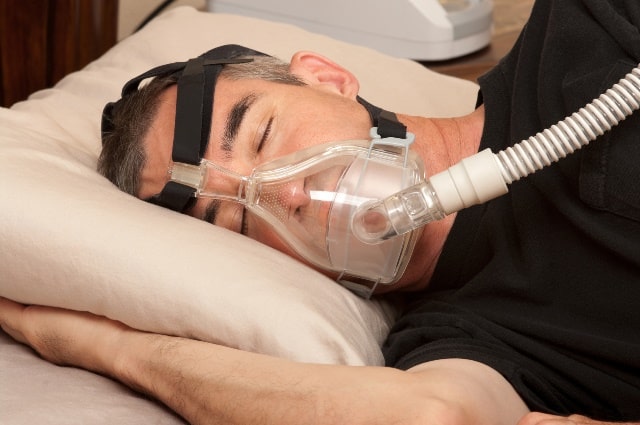The causes of sleep disturbances are manifold, their forms as well. There are disturbances to fall asleep resp. the sleep through. Once the sleep-wake-cycle is disturbed, people concerned enter a vicious circle that has to be broken. Almost one third of the German population suffers under sleep disturbances and its partly grave consequences. Now, what are the causes? And what can be done? Questions we are going to answer in the following.
Sleepless at night – what is depriving us from sleep?
As mentioned above, the causes for sleep disturbances are manifold. The most frequent triggers are stress and mental diseases. Irregular working hours – common for shift workers or hospital staff – disturb the sleep-wake-cycle. Out of this reason, these occupation groups are often concerned by sleep disturbances. Furthermore, electrical devices in the bedroom might have a negative impact on the sleeping behavior. Especially sensitive people easily react on electromagnetic pollution. Out of this reason, ban TV, computer or mobile phones from your bedroom.
There is no uniform appearance for sleep disturbances
Sleep disturbance doesn’t equal sleep disturbance. On the hand one there are acute, subacute and chronical sleep disturbances, depending on the duration of the complaint. Furthermore, you have to distinguish between physical causes from outer trigger. There is an internationally accepted classification that divides sleep disturbances into six categories:
- Insomnia: most of the time acute disturbances to fall asleep and to sleep through. Triggered by stress, stressful or forthcoming events.
- Hypersomnia: daytime sleepiness with an increased need for sleep of more than ten hours.
- Sleep apnoea: life threatening breathing interruptions that might lead to a temporary insufficient supply for brain and organs.
- Sleep related movement disorders: restless legs syndrome, for example.
- Parasomnia: unconscious actions like sleep wandering, talking or teeth grinding.
- Circadian sleep-wake-rhythm-disturbances: a disturbed sleeping rhythm due to irregular sleeping times (for example due to jetlag or shift work).
Why might sleep disturbances become dangerous?
Besides the effect that disturbed sleep is not restful, it also might lead to irritability, nervousness, decreased performance, lack of concentration, listlessness and daytime sleepiness. When having chronical mood swings, loss of performance and a disturbed social behavior we are talking about complications. Lack of sleep is also enhancing the risk for accidents. Furthermore, lack of sleep may trigger head ache, metabolic disturbances, increased blood sugar level, high blood pressure, susceptibility for infections or premature skin ageing. In short: long term sleep disturbances cause illness. Of course, you always have to keep in mind that sleep disturbances might be triggered by an underlying disease. In this case, lack of sleep makes the healing process even harder.
What to do
- Bedroom: no electrical devices, good mattress, possibility to dimout, room temperature between 61° and 64° F.
- Eating- and drinking-habits: no hearty food at night, no caffeine-containing beverages, reduce or avoid alcohol and cigarettes.
- Sport and exercise: regular exercise during the day, no hard sport in the evening, a late walk has a relaxing effect.
- Rituals: develop a go-to-bed-ritual (a cup of herbal tea or warm milk with honey), avoid excitement or arguments, don’t take work into bed.
- Autogenous training, yoga: learn relaxation techniques.
- Remedies for calming down and for sleep.
In case you don’t succeed in overcoming your sleep disturbances by yourself seek medical advice. Because: nothing is more valuable than a healthy nighttime-sleep!
Receive further information at no charge in the sleep-healthy-guidebook “sleep yourself young, fit and successful”.


This post is also available in / Diesen Beitrag gibt es auch in:


Leave a Reply